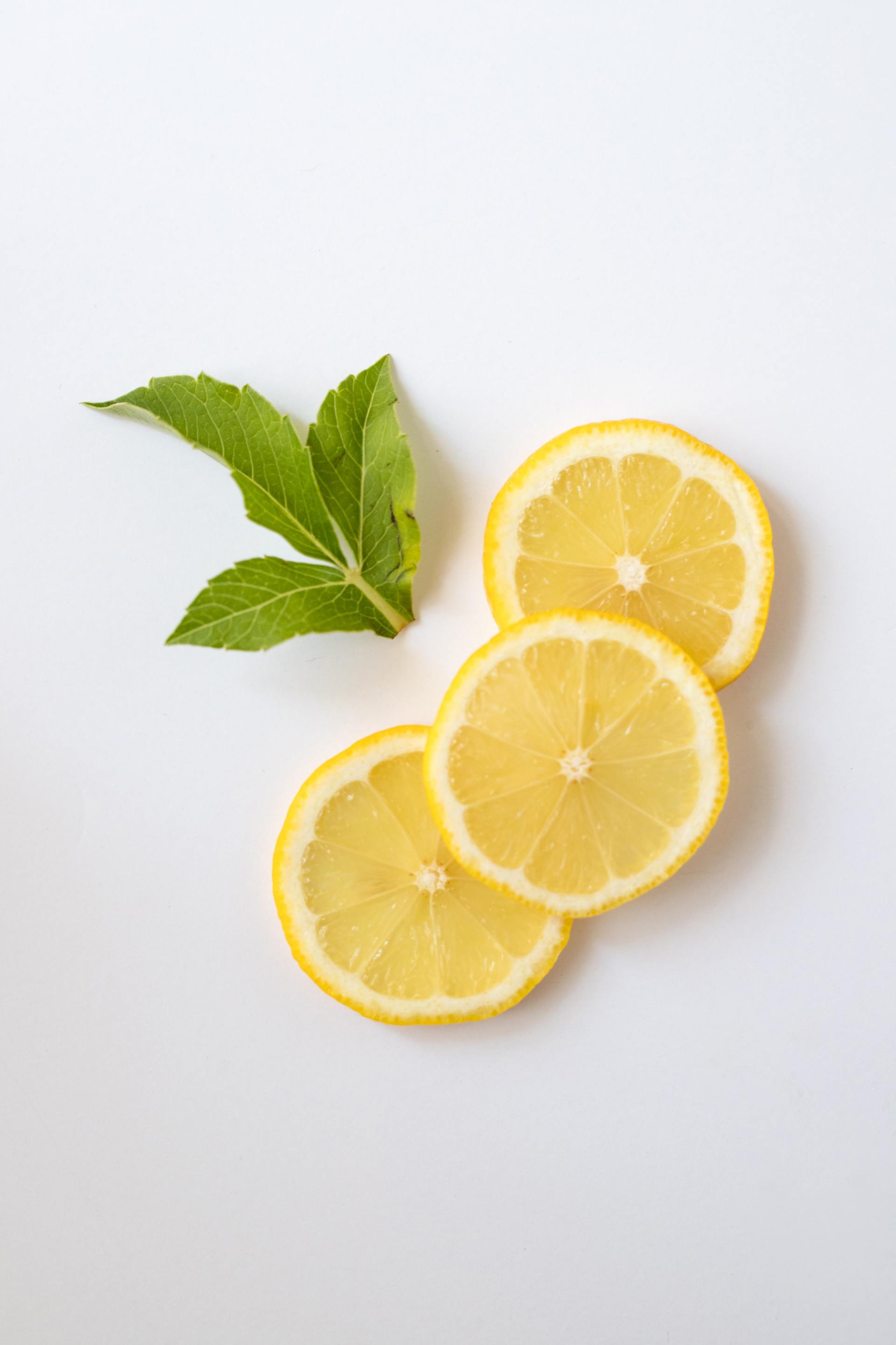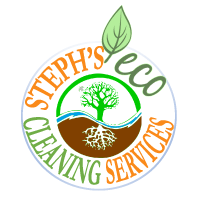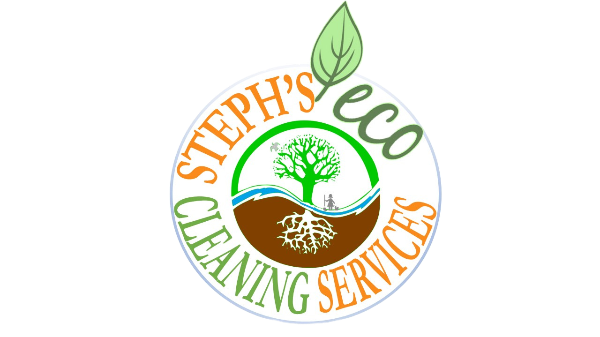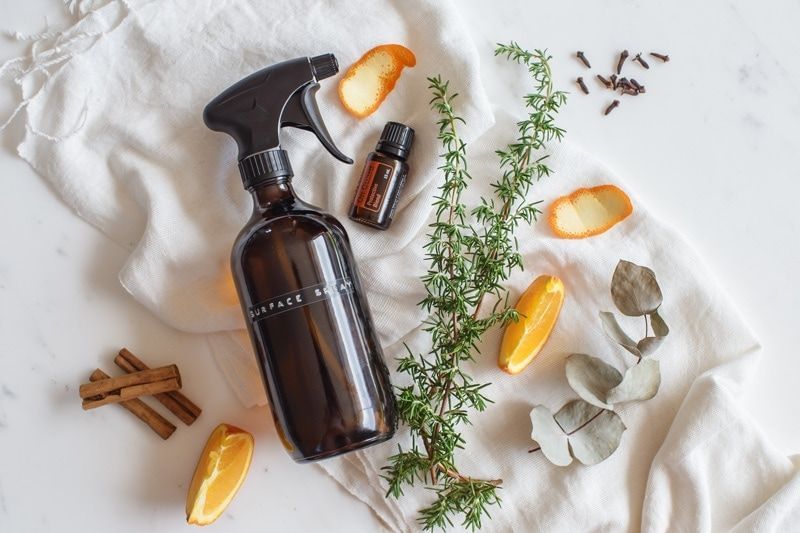Eco Cleaning Blog

Hey guys! Steph here from Steph’s Eco Cleaning Services. I thought I’d start writing monthly blogs regarding my passion on homemade cleaning products and to spread awareness on how easy it is to make homemade cleaning products. Some products that you can even find in your kitchen cupboards at home! In my blogs I will provide tips on making products at home, links on where to buy your ingredients and you will receive fantastic offers on my website. The idea of making your own cleaning products is not only fulfilling but you are helping our planet by reducing the amount of nasty chemicals that we put into our water systems. Nowadays, our lives revolve around working many hours to pay the bills, we rarely have time to enjoy hobbies and cleaning on the other hand is left to hiring a personal cleaner (Steph’s Eco Cleaning Services use made from home natural cleaning products) or using chemical cleaners which need little or no effort from us. Spray in the bath, leave and rinse is all you need for some bleach sprays. Yes, very efficient and fantastic, but on the other hand create a long term environmental impact on the planet. Creating your own products really is quick and easy! All you need is: -ingredients -15 minutes tops! -containers/spray bottles Here is some information on bleach- Bleach, also known as its chemical name sodium hypochlorite is a very common household cleaning product. – its active ingredient sodium hypochlorite is effective in killing bacteria, fungi and viruses, including influenza virus – but it is easily inactivated by organic material. Bleach puts wildlife at risk; its by-products have been linked to cancer in studies on laboratory animals. Environmental toxins created by bleach have lowered the populations of several species of birds and fish. Its harsh chemical formula means that cleaning is as easy as learning the alphabet disinfecting within 10-60 minutes contact time, but as a dangerous chemical, it is listed as a Special Health Hazard Substance and proper use and disposal procedures need to be followed- ventilation should be adequate and consistent with relevant occupational health and safety guidance. Bleach irritates mucous membranes, the skin and the airways; decomposes under heat and light; and reacts easily with other chemicals. Bleach is especially damaging to the environment because it lingers for many years. Uh-oh, really not good! Here are some alternatives to bleach: - Sodium Bicarbonate and vinegar- Can be diluted with water to create a cleaning spray or used together to rid tough grime and stains. Lemon juice- For a simple way to polish scaly taps and chrome bathroom fixtures, look no further than your fruit bowl. Cut a lemon into two halves, squeeze them into a bowl to collect the juice, rub it on taps, then wait an hour or more before rinsing off. Rubbing alcohol- great for cleaning plastic surfaces on electronics Cola- for toilet limescale, pour a can of cola in the bowl, leave it overnight and voila! Newspaper- perfect for polishing up mirrors to clear the smears and marks. Essential oils (tea tree/lavender/lemongrass/orange)- Try combining an essential oil with white vinegar and water to create a homemade kitchen cleaning spray. The white vinegar helps remove stains (thanks to its diluted acetic acid), and the essential oil will ensure a sweet-smelling kitchen or bathroom. Find our homemade products here: www.stephs-ecocleaning.co.uk 10% off products using this code: SEPTBLOG2020



